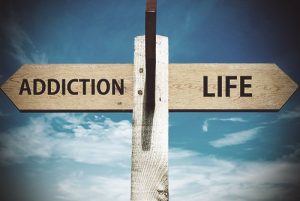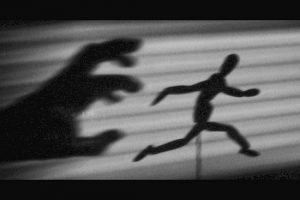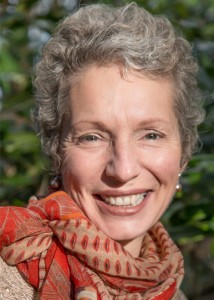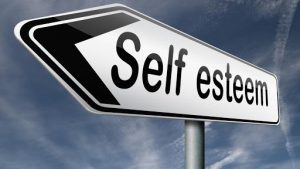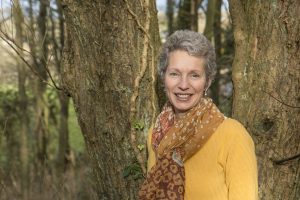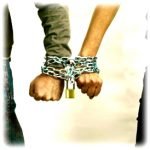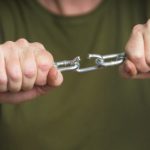Our Ego
 Understanding Our Ego
Understanding Our Ego
In many spiritual traditions our ego is seen as the false self. It’s the mask we wear in certain situations with particular people (or groups of people); or the role we ‘play’ in our lives. It is an illusion, a mirage. Often we get caught in this false, made-up ‘self-image.’ However as we peel back the layers of who we are not, we no longer need to play ‘roles’ in our lives. Instead we begin to become our real, authentic selves – who we truly are.
Lower Mind
Our ego is connected to our lower rather than our higher mind. It is our head not our heart. Esoteric Science states:
“It keeps us on autopilot; it keeps us half asleep and most of its programs (our beliefs, strategies, thought patterns, emotional reactions and automated behaviours) were initially programmed when we were very young, so many of our reactions to life are immature and inappropriate. Some of our programs were updated and re-written as we became older and more experienced, but the deeper ones were created by and created from a very young, naive, immature and inexperienced consciousness. These old patterns are responsible for most of the unnecessary suffering in our lives, but our fear of venturing into the depths of our being allows our immature core (inner child) to endure and our unnecessary suffering to continue.”
I agree.
Let’s explore some of these statements:
 Autopilot
Autopilot
It “keeps us on autopilot; half asleep” – most of our self-sabotaging behaviour (known in EFT as a Psychological Reversal) stems from our ego. It does not want to move out of it’s comfort zone – even though it can be painful to remain there. Our ego resists, hates change and will fight to keep the status quo. If there is any way our ego can halt our Soul from making changes, evolving or progressing, it will. Our ego will continue to do things as it has always done, it gets what it wants by doing it that way. The ego does not want to take responsibility for itself nor have us take command of our lives, it’s too scary to change.
Reactions to Life
“Many of our immature and inappropriate ‘reactions’ in life” are from our ego. A lot of our reactions are similar to those of a small child. I’m sure you’ve witnessed this, where the ego becomes furious, shouts, cries, lies, attempts to cover up and/or defend itself. Yet the difference between adults and small children is that children are simply be-ing in the moment. As soon as the moment has passed, their attention is diverted, the reaction is forgotten and their focus is on something else. Yet adults can stew over an event, become bitter, resentful, feel justified in their behaviour, doggedly resistant to giving any apology for a reaction.
Updating Programmes
“Some of our programs were updated and re-written as we became older” – absolutely. Programmes that no longer serve us become extinct as we add new truths or understandings. Think for a moment of the concept of the Easter Bunny or Father Christmas. We believed them as children, and now we don’t. Any outdated belief can be changed if we are ready to change and take responsibility.
Deeper Beliefs
The “deeper ones”/beliefs are often connected with emotions or feelings that are reinforced over time. Our ego collects ‘proof’ about them. It fabricates why we need them or why we can’t (or won’t) change them. We need to excavate a little deeper within the subconscious to discover the roots of these beliefs and their secondary gains either with EFT and Hypnotherapy. Often there can be nervousness around “venturing into the depths of our being” and becoming aware of our ego – for fear of what we might uncover. But nothing bad will surface only our judgement of ourselves. Our ego is not who we truly are, it’s not our truth…we are so much more than our ego. So much bigger, more amazing and more powerful than our ego would allow or have us believe. What we discover is our real self. It’s a very empowering process.
Suffering
Those with a healthy egos endure a lot of “unnecessary suffering”. Their thinking is usually that they are ‘right’ and the other person is ‘wrong’. The ego needs to be in control and so it tries to get power from the other person in order to feel powerful. At the core of our ego is insecurity, anxiety and fear. But when we are balanced, centered and calm we respond to situations and are in command of our thoughts, feelings and emotions. We don’t suffer as much. Life becomes easier.
Becoming Aware
We can identify our ego by following the trail of reactions in our lives. 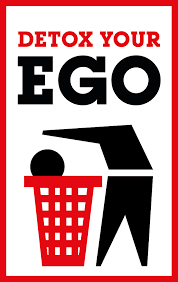
Remember a time when you exploded over something that another person felt was seemingly small and insignificant. Reflect on that event. Check to see whether your reaction was a bit too “over the top” for what occurred. Instead of blaming the other person and/or the drama, think why your ego reacted. What was the belief that caused the explosion? Ask yourself honestly does that belief still serve you? Is it outdated? Here are a few ways our ego shows itself:
- it takes things personally,
- feels attacked wants revenge,
- won’t/can’t forgive,
- can’t sleep and becomes unwell,
- remains a victim, renders itself powerless,
- overthinks, becomes self-obsessed,
- judges the other person/people and their behaviour.
Einstein wrote:
“The more the Knowledge
Lesser the EgoLesser the Knowledge
More the Ego”
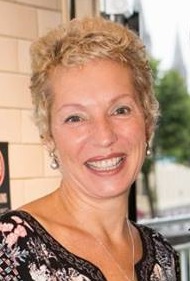 Contact Me
Contact Me
Are you ready to break free from the limitations of your ego? If you are, then contact me by email or by phone:
Ireland – 0871492338 or in the UK – 07857369619. Alternatively contact me by email.
If you’d like to explore more – I offer Skype and Zoom consultations, all from the comfort of your own home.
Consultations are also available in Cork City at the Natural Clinic.
Book a consultation at the Natural clinic, here or call Reception on (00353) 21 4311977
Begin your journey of self-discovery and reconnect to your powerful, real, true, authentic Self now!

